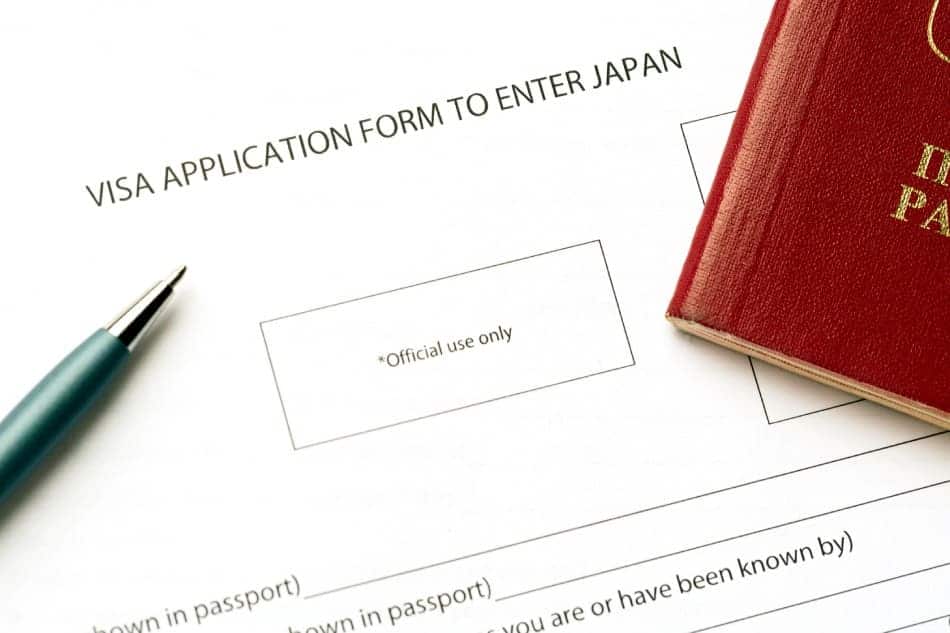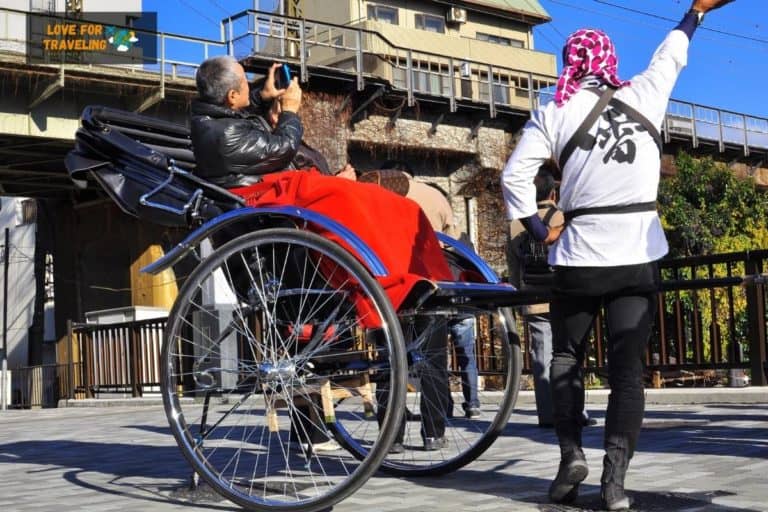Can I Move to Japan Without a Job?
Japan has long been a popular destination for people to move to. There are dozens of spectacular attractions to see and ancient cultures to explore.
But will you need a job before you can move to Japan?
There are a few ways to move to Japan without a job. First, you could marry a Japanese citizen. You can also apply for a student visa. Alternatively, you can use a tourist visa to explore the country and find a workplace. Once you find a company willing to hire you, you can get a working visa. Each of these options offers a path to citizenship.
You will need to fulfill a few requirements before you can move to Japan. Keep reading to find out what you need to do.
Married to a Permeant Resident
One of the ways that you might be able to move to The Land of the Rising Sun is by marrying a permeant resident of Japan.
This will allow you to apply for a Spouse or Child of Japanese National visa. This could turn into a path to long-term citizenship. For you to gain access using this method, there are a few things that you will need to do.
First, it’s important to recognize the marriage in Japan and your home country.
This is something that should be reasonably easy for you to arrange. You’ll also need to ensure you have been dating for a while before you decide to tie the knot.
Some customs officers might be skeptical of a shorter relationship. This could be viewed as a marriage of convenience.
Studying at a Japanese University

You might also be able to move to Japan if you study at one of their universities. All students will need to do is offer proof that they are enrolled.
Often, you will be able to get this from the university. Then, you will be able to apply for a student visa. Usually, your university will offer resources to guide you through this process.
This will often give you three years to complete your course. You might need to apply to extend your visa if you want to stay longer.
Or, if you find a job once you finish your course, you can transition to a working visa.
Instructor Visas
Sometimes, you might be an expert on a subject. In this case, you might be able to find a visa that would allow you to move to Japan to teach in this area. This can come with a few limitations.
For example, you will need to ensure you are only taking on work as a teacher. You will also need to prove that you have the knowledge and skills to teach the subject.
Moving to Japan on a Tourist Visa

There are a few options that you can explore when you are moving to Japan. One of the easiest options is getting a tourist visa. This will allow you to stay in the country for 90 days. This is a period that you can use to look for work.
This will allow you to meet potential employers and sit for interviews. You’ll be able to look them in the eye while selling them yourself.
You can also get a better understanding of the job market. After you have found an employer, they can become a sponsor on your work visa.
You won’t be able to start working in Japan on a tourist visa.
Once you have found a job, you must apply for a working visa. This will allow you to legally extend your stay.
Because of this, you will usually need to go back home while the paperwork is finalized. This can be a good time to prepare for your trip to Japan.
Sometimes, these working visas can last for either one or three years. You’ll need to apply for an extension at the end of this time.
Requirements to Get a Work Visa
If you want to transition to a work visa, there are a few things you will need to do.
- You’ll need to get a business to sponsor you. They’ll need to write a letter elaborating on the position. This includes your expected salary.
- A passport
- You’ll need to be working in an eligible field
- You’ll need to get a residence card. This will need to be carried with you at all times.
Becoming a Permeant Resident In Japan
After you taste the Land of the Rising Sun, you’ll want to stay forever.
The good news is that applying for permeant residency is fairly simple. There are two ways that you will be able to meet these requirements;
- Living in Japan for 10 consecutive years
- Living in Japan for the past three years and scoring over 80 on the point calculation table.
To qualify for these requirements, you’ll need to ensure you have a work visa in a highly skilled profession.
Alternatively, you could be a long-term resident living in the country for a long time. These rules also apply if you are the spouse of an existing resident.
There are a few other requirements that you will need to meet. These include;
- Having a job in Japan
- You need to have paid taxes in Japan
- You need a permeant resident to support the application
- You must have abided by the laws
- You need to have been on a three-year visa when you applied
- You must have physically spent much time in the country to succeed. Often, this is classed as over six months a year.
If you enjoy your time in Japan, it should be easy to meet these requirements.
From there, it will just be a matter of filling out the paperwork and waiting for approval. You might even be able to find a company to help streamline the process.
Moving Your Items Into Japan
Once you are ready to make your move, it’s time to pack up your belongings and send them to Japan. The good news is that this doesn’t need to be stressful.
If you plan on moving in the future, keep the receipts from the purchased goods.
You’ll need to make sure that you can prove ownership. You don’t need to pay customs duty if you can prove that you have owned them for six months before importation.
It’s also a good idea to keep an itemized list of everything you send. This will ensure that everything gets through properly. It can also be helpful if you get involved in a dispute.
If you want to bring your furry friends, you must fill out the right forms.
You’ll also need to be aware that the Japanese government requires pets to quarantine.
This should last seven days, giving them time to check that the animals aren’t carrying disease.
Final Thoughts
Japan is a beautiful country to live in. But, to move here on a long-term basis, there are a few hoops that you need to jump through. You will need to get a visa.
There are three common ways of doing this. First, you can marry a resident.
Secondly, you can become a student or instructor.
Third, you can use your tourist visa to look for full-time employment.
If you stay in the country for three years, you might be eligible to become a citizen.






